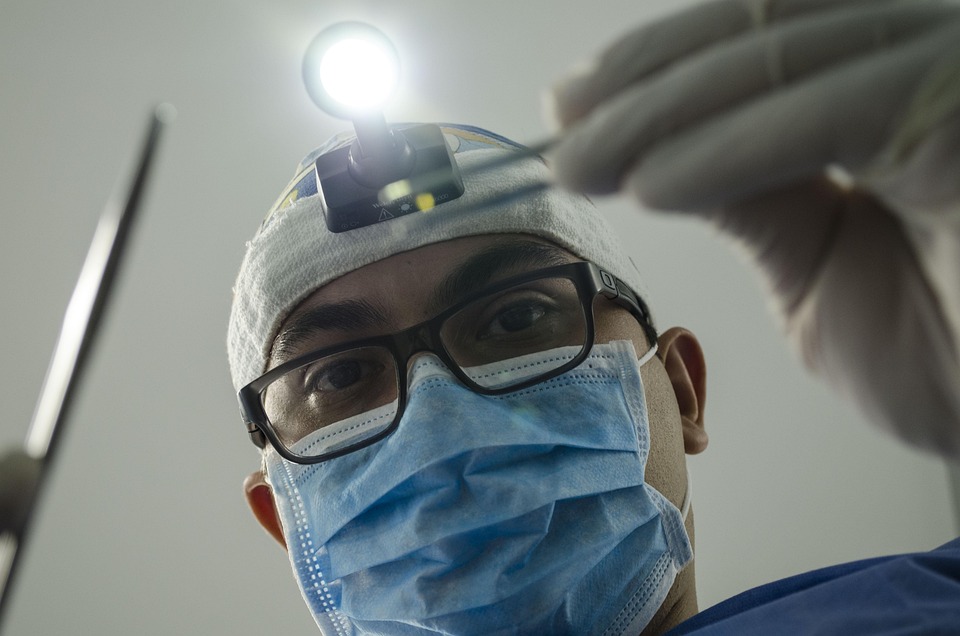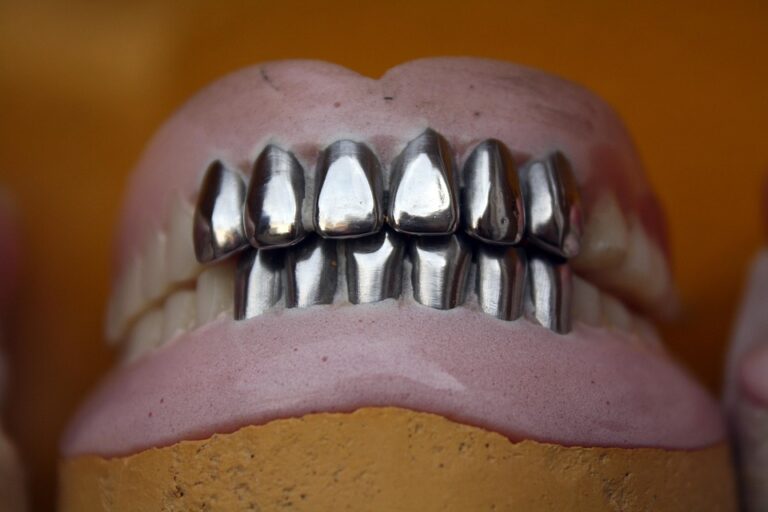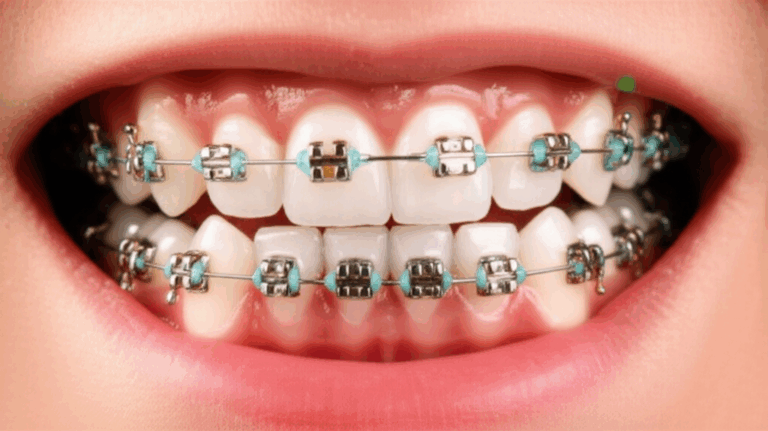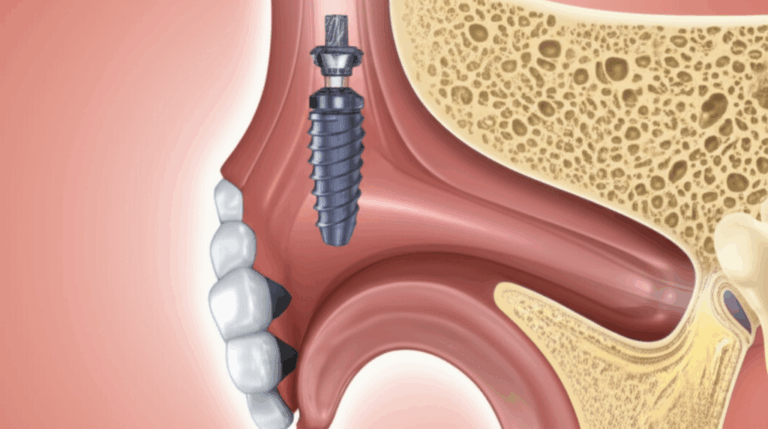
Can Dental Implants Cause Sinus Problems
If you’re thinking about dental implants or already have one, you might be asking yourself: Can dental implants cause sinus problems? You’re not the only one. This same question kept me awake before I got my first dental implant. There’s a lot of talk and worry about this—some true, some not. In this post, I’ll share what I learned, my own experience, and simple facts about how implants and sinuses are connected. You’ll find out when you should be worried, what signs you should watch for, and how dental labs are involved. I’ll explain everything in plain language—just what you need to know. If you care about your smile (and breathing through your nose), keep going.
Article Outline
- What Are Dental Implants and How Do They Work?
- Why Do Dental Implants Sometimes Affect Sinuses?
- What’s the Link Between Implant Placement and Sinus Health?
- What Are Sinuses and Why Are They Important?
- When Are Sinuses Most at Risk During a Dental Implant?
- What Sinus Problems Could Implants Cause?
- How Can You Recognize Sinus Issues After Implant Surgery?
- Who Is Most at Risk of Sinus Issues from Dental Implants?
- What Does a Good Dental Lab Have to Do With Your Sinuses?
- How Can You Avoid Sinus Complications With Implants?
- Should You Worry? My Honest Advice
What Are Dental Implants and How Do They Work?
A dental implant is just a small metal post, usually made from titanium, that replaces the root of a missing tooth. Your dentist puts it in your jawbone. After that, a crown (a tooth-shaped cover) is added on top. I think of it like putting a strong anchor in the wall—you need a solid spot to hold something up.
Good dental care means choosing the right implant for your jaw. Sometimes, this uses high-quality products from places like zirconia labs or Emax dental labs. Those are fancy names, but the main idea: you want teeth that last and feel right.
What’s special about dental implants? They actually connect (or “melt in,” so to speak) with your jawbone. This is called “osseointegration.” It’s like the implant grows roots and becomes part of you. That’s why people say implants feel stronger and steadier than bridges or dentures.
Why Do Dental Implants Sometimes Affect Sinuses?
Now for the interesting part. Your upper back teeth—the molars and premolars—sit just under your maxillary sinuses. These sinuses are just empty spaces in your head, behind your cheeks and nose. If you lose a tooth, or as you get older and your bone gets thinner, the sinus can “drop down” closer to where your teeth roots are—leaving less bone to work with.
So, when a dentist drills to make space for the implant, there’s a chance they could go into the sinus by accident. Or, sometimes, the bone there just isn’t thick enough and your mouth and sinus end up too close together.
Most dentists and some dental labs, like a skilled 3d dental lab, use new types of scans and pictures to avoid this. Still, it’s kind of like doing a home repair—the closer your wires are to pipes, the more you worry about making a mistake.
What’s the Link Between Implant Placement and Sinus Health?
If an implant pokes into your sinus, or just pushes on that thin layer between your mouth and sinus, things can go wrong. That’s why placing an implant is very careful work—a dentist has to be very exact, down to the millimeter.
If an implant is placed too high, it might make a tunnel connecting your mouth and sinus, called an “oroantral communication.” Worst case, germs from your mouth go into the sinus and cause an infection called sinusitis.
This is why it’s so important to pick someone good to do your dental work. Good dental care means more than just picking a certain brand. It’s about how skilled your dentist is and what tools or labs they use. Dental labs that use the newest tech, like emax dental lab systems or 3D pictures, help your dentist see every detail.
What Are Sinuses and Why Are They Important?
Most of us forget about our sinuses unless something goes wrong. Sinuses are just empty spaces behind your cheeks, nose, and forehead. What do they do? They help you breathe, filter the air, and make your head lighter so it’s not heavy as a bowling ball.
The sinus closest to your top teeth is called the maxillary sinus. It sits just above your back teeth. If this sinus gets bothered, you might feel pressure, headaches, or the blocked nose feeling everyone hates.
Sinuses are pretty sensitive. If they’re hurt or opened, they can get infected or swell up fast, which can make chewing or even smiling hurt.
When Are Sinuses Most at Risk During a Dental Implant?
So, when should you be most careful? The biggest risk is when you’re getting an implant in your upper jaw near the sinus floor and the bone is thin.
If you’ve lost bone—because of gum disease or going a long time without teeth—the sinus may have moved down lower than before. That puts the sinus closer to the spot the implant goes, which means trouble.
Another risky time is during a “sinus lift”—that’s when your dentist puts extra bone under the sinus to support the implant. When done right, it’s safe, but it’s still a step where you need to be extra careful.
What Sinus Problems Could Implants Cause?
Let’s talk about what can happen if things go wrong. Dental implants can cause a few sinus problems if not done right. Here’s what to look for:
First, there’s sinusitis—an infection that can leave you stuffy, achy, and sometimes with a fever. If the implant gets into the sinus, germs can get in, and you end up feeling sick.
You might also get something called an “oroantral fistula”—that’s where there’s a stubborn tunnel between your mouth and sinus. You might notice drinks going up your nose, or air escaping when you talk.
Sometimes, it’s just swelling or a feeling of being blocked. Pain, sinus pressure, or weird-tasting drainage in your mouth can also mean something’s wrong after dental work.
How Can You Recognize Sinus Issues After Implant Surgery?
How do you know if your implant and sinuses aren’t getting along? Some signs show up just after surgery; others later.
Pain or pressure near your cheeks or eyes isn’t usual after the first days. If you start having a stuffy nose, weird drainage, or trouble breathing through your nose—pay attention. That could mean a problem.
If you notice a strange taste or liquid going through your nose—this shouldn’t happen. If your nose whistles when you breathe, or you get water in your nose when sipping—that’s a sure sign something’s not right.
Who Is Most at Risk of Sinus Issues from Dental Implants?
Believe it or not, some people are more at risk than others. If you have a thin upper jaw bone, you’re more likely to have sinus trouble. Same thing if you lost your back teeth a long time ago—the sinus can drop down.
People with allergies, sinus infections, or who have had sinus surgery need to be kinder to themselves and be careful. A tiny mistake for another person can mean big trouble for you.
Smoking or having medical problems like diabetes that slow healing also raises your risk. If this is you, don’t stress out—just make sure your dental team knows and gets ready in advance.
What Does a Good Dental Lab Have to Do With Your Sinuses?
You might be wondering what a china dental lab or 3D dental lab has to do with your nose. Actually, a lot! Modern dental labs use 3D images and printing to make guides for implants that fit your mouth really well.
A top zirconia lab or Emax dental lab makes crowns and caps that fit just right, so your dentist doesn’t have to drill or fix things at the last second. That means less time in the chair, less drilling near your sinus, and less likely anything goes wrong.
Great labs help your dentist avoid mistakes. If parts fit well, the risk to your sinus stays small—the implant ends up only where it’s supposed to go.
How Can You Avoid Sinus Complications With Implants?
What’s the smartest move? Pick a good dental team. Ask your dentist how they’ll check on your sinuses before doing surgery. They should use digital pictures, like 3D scans, to carefully plan things out.
You can also be smart—share your complete health history. Tell your dentist if you have allergies, sinus troubles, or had sinus surgery before. Don’t skip it.
After surgery, follow your dentist’s advice well. If they say don’t blow your nose or avoid plane trips, really listen. Small things like these help everything heal the way it should.
Should You Worry? My Honest Advice
If you’re still worried, I totally get it. Feeling nervous is normal. But here’s some good news: Sinus problems from dental implants don’t happen often. Great dental care, good planning, and using skilled dental labs make problems really rare.
The biggest risk is not knowing what to look for. That’s why you should always ask questions, know the steps, and look out for signs. Fixing a small problem early is much easier than dealing with big trouble later.
If you feel something’s wrong after your implant—don’t ignore it. Dentists (and noses everywhere) would much rather help you early than wait for things to get worse.
Key Takeaways: What Matters Most About Dental Implants and Sinus Health
- Dental implants in your upper jaw can touch your sinus if not placed carefully.
- Problems like pain, infection, or an opening between mouth and sinus are rare if everything is planned right.
- Having an experienced dentist and using good dental labs (like zirconia or Emax dental labs) helps stop most problems before they start.
- Watch for warning signs: pain, pressure, stuffy nose, fluid in your nose, or a change in taste.
- People at higher risk include those with thin upper jaw bone, smokers, and those with sinus problems before.
- Always tell your dentist about all your health problems—even things you think are small.
- Follow after-surgery care rules from your dentist exactly; they really help you heal well.
- If you think something’s wrong, don’t wait—call your dentist right away.
Your smile is worth it, and so is being able to breathe well. Making smart choices before your dental implant can help you have both.
(No FAQ section given by choice; the main points are already covered above.)








